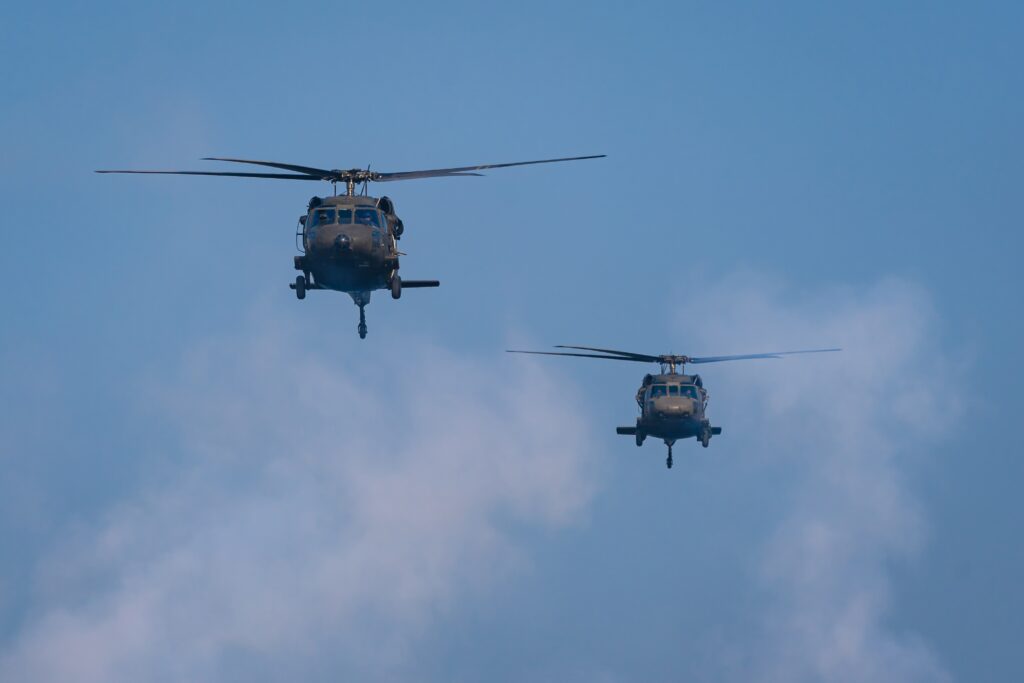France has officially ended its 60-year military presence in Chad by shutting down its last military base. The Kosseï camp in N’Djamena, the country’s capital, was the final French base in the Sahel. This marked the end of a military legacy linked to France’s colonial rule in the region.
On Friday, the last 1,000 French soldiers left Chad, completing the withdrawal. This event signified a decline in French and European influence in West Africa.
Rising Anti-French Sentiment Fuels Withdrawal
In November 2023, Chadian President Mahamat Idriss Déby decided to end defence agreements with France. His decision followed a wave of anti-French sentiment spreading across the region.
This withdrawal is part of a larger trend that began in 2022, when French troops left Mali, Burkina Faso, and Niger. The trend may continue, as Senegal and Côte d’Ivoire have also announced plans to expel French forces.
Euronews journalist Jeremiah Fisayo Bambi explains that these nations seek new alliances and want to assert their sovereignty. They want the freedom to make independent decisions without foreign military presence.
While Mali, Burkina Faso, and Niger broke ties with France after military coups, Chad seems to be taking a different approach. The Chadian government framed its decision as a sovereignty issue, rather than a complete diplomatic break. Senegal and Côte d’Ivoire have expressed a similar stance toward France.
“This sends a strong signal that they no longer want French troops,” said Nina Wilén, director of the Africa Programme at the Egmont Institute.
European Influence Faces Challenges in the Sahel
Chad’s withdrawal weakened French influence but also affected the European Union’s position in West Africa. The departure of French forces left a security vacuum, raising concerns among European leaders.
“For the last decade, many EU leaders have relied on France’s military presence,” explained Nina Wilén. France led the largest counterterrorism operation in the Sahel, benefiting other European nations that avoided deploying their own troops.
However, Wilén argues that Europe shares the blame for this situation. France made diplomatic mistakes in dealing with regional leaders. Meanwhile, the EU showed reluctance to invest in long-term stability.
With French forces gone, new global players could fill the power vacuum. Many experts believe that Russia is already expanding its presence. The Wagner Group, now rebranded as Africa Corps, reportedly deploys 5,000 fighters across Africa. The situation remains uncertain as international powers compete for influence in the region.
